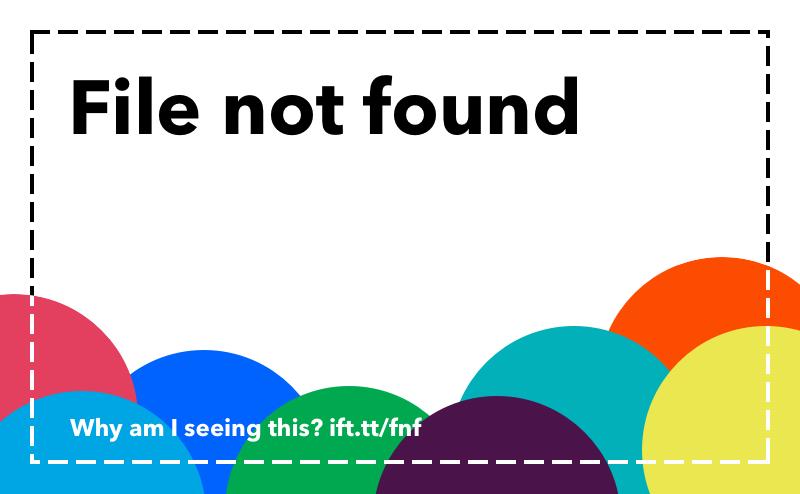In the quest for optimal health, detox programs have emerged as both a beacon of hope and a subject of controversy. Promising a cleanse of the body’s impurities, these programs often boast rejuvenation and vitality. Yet, beneath the allure of detoxification lies a complex web of opinions and outcomes. Are these programs a genuine path to wellness, or do they tread a fine line towards harm? As we delve into the world of detoxification, we explore the science, the myths, and the varied experiences that surround these popular regimens. Join us as we unravel the truth behind detox programs, weighing their potential benefits against the risks they may pose to our well-being.
Understanding the Science Behind Detoxification
In the quest for wellness, detoxification has emerged as a buzzword, promising everything from improved energy levels to glowing skin. But what does the science actually say? At its core, detoxification is the body’s natural process of neutralizing and eliminating toxins through the liver, kidneys, lungs, and skin. Our bodies are remarkably efficient at self-cleansing, equipped with complex systems that identify and expel unwanted substances.
Detox programs often claim to enhance these natural processes, yet the scientific community remains divided on their efficacy. Critics argue that many detox diets lack scientific backing and may deprive the body of essential nutrients. Here are some points to consider:
- Natural detoxification: Our liver and kidneys already perform detoxification without the need for special diets or supplements.
- Potential benefits: Some detox diets may lead to short-term weight loss due to calorie restriction, but this is not sustainable.
- Risks involved: Extreme detox diets can lead to nutritional deficiencies, dehydration, and electrolyte imbalances.
Ultimately, the effectiveness and safety of detox programs are contingent on their structure and duration. While some may find them beneficial for resetting their dietary habits, others may experience adverse effects. Understanding the science is key to making informed decisions about incorporating detox practices into one’s lifestyle.

Evaluating the Benefits: Do Detox Programs Deliver on Their Promises
Detox programs often come with a plethora of promises, ranging from enhanced energy levels to improved mental clarity. Proponents argue that these programs help the body eliminate toxins, offering a fresh start. But do they truly deliver on these claims? Here are some potential benefits:
- Improved Digestion: Many detox regimens focus on whole foods, which can lead to better digestion and gut health.
- Increased Energy: By cutting out processed foods and sugars, individuals may experience a boost in energy levels.
- Weight Loss: While often temporary, detox programs can jumpstart weight loss by reducing calorie intake.
However, the scientific community remains skeptical. Critics point out that the body is already equipped with its own detoxification systems, such as the liver and kidneys. Additionally, some detox diets are so restrictive that they may lack essential nutrients, leading to potential health risks. It’s crucial to approach these programs with a discerning eye and consult healthcare professionals when necessary.

Potential Risks and Drawbacks of Detox Methods
When it comes to detox programs, one must tread carefully as these methods are not without their potential pitfalls. Many detox diets and cleanses are not backed by scientific evidence and can sometimes lead to more harm than good. For instance, some extreme detox plans might encourage fasting or consuming only specific liquids for extended periods, which can result in nutrient deficiencies and a significant drop in energy levels. These deficiencies may weaken the immune system and lead to other health complications.
- Over-reliance on Supplements: Many detox programs rely heavily on supplements that promise miraculous results. However, these supplements are often unregulated and may contain ingredients that are not safe or effective.
- Dehydration and Electrolyte Imbalance: Some detox methods promote excessive fluid intake or diuretics, which can lead to dehydration and an imbalance of electrolytes in the body, posing serious health risks.
- Digestive Issues: Rapid dietary changes, often a hallmark of detox plans, can cause digestive discomforts such as bloating, nausea, and diarrhea.
Ultimately, while the allure of a quick fix to rid the body of toxins is tempting, it’s crucial to approach detox programs with caution and skepticism. Consulting with healthcare professionals before embarking on any detox regimen is always advisable to ensure that one’s health is not compromised in the pursuit of wellness.

Expert Recommendations for Safe and Effective Detox Practices
Detoxification can be a beneficial practice when approached with caution and guidance from health professionals. Experts suggest focusing on methods that emphasize natural and gradual changes rather than drastic measures. Some safe and effective practices include:
- Hydration: Drinking plenty of water to aid the body’s natural detox processes.
- Balanced Diet: Incorporating a variety of fruits, vegetables, and whole grains to support metabolic health.
- Regular Exercise: Engaging in physical activities that promote sweating, such as yoga or jogging, to help eliminate toxins.
Additionally, experts caution against extreme detox diets or supplements without medical supervision, as these can sometimes do more harm than good. It’s crucial to listen to your body and consult with a healthcare provider to tailor a detox plan that suits your individual needs.
Insights and Conclusions
In the swirling landscape of health and wellness, the allure of detox programs continues to captivate many. Yet, as we have journeyed through the myriad perspectives on their efficacy and safety, it becomes clear that the truth is as nuanced as the programs themselves. Detox programs, like any health intervention, come with their own set of promises and pitfalls. While some find solace and renewal in their structured regimes, others may encounter unexpected challenges.
As we conclude our exploration, it’s essential to approach detox programs with a discerning mind and a cautious heart. Armed with knowledge, one can navigate the detox terrain more safely, choosing paths that align with both personal health needs and scientific evidence. Ultimately, the quest for wellness is deeply personal, and whether or not detox programs play a role in your journey, may it be one of balance, informed choices, and holistic well-being. the most effective detox may not be found in a bottle or a regimen, but in the mindful choices we make every day.


































